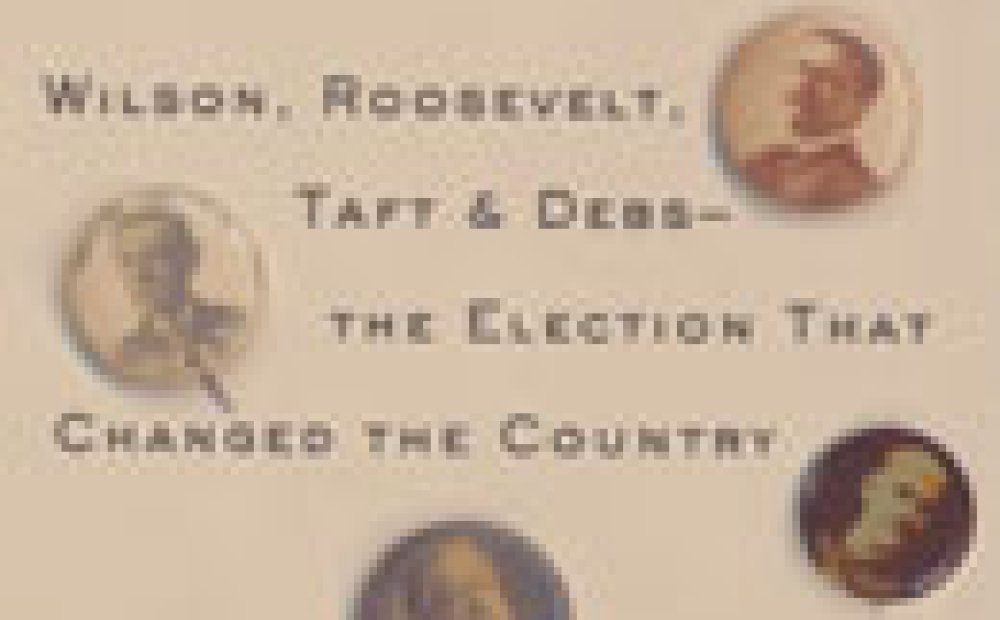Book Launch--<i>1912: Wilson, Roosevelt, Taft and Debs – The Election That Changed the Country</i>

James Chace, author of eight books, including the award-winning biography of Dean Acheson, Acheson: The Secretary of State Who Created the American World, spoke at a book launch event, covered by C-Span's Book TV, to mark the publication of his new volume on the pivotal 1912 election. 1912: Wilson, Roosevelt, Taft & Debs – The Election That Changed the Country is a lively and accessible account of the extraordinary chain of events that led to Wilson's "accidental election" by less than a majority of the popular vote.
First among the four extraordinary candidates in the 1912 election was the incumbent president, William Howard Taft. Taft was a "reluctant politician" who had been Theodore Roosevelt's handpicked successor, but whose main ambition was to be Chief Justice of the U.S. Supreme Court. Taft had disappointed Roosevelt by not furthering his reformist policies and this prompted his challenge to the sitting president for the Republican nomination. When the 1912 party convention, dominated by Taft loyalists, rebuffed Roosevelt, the widely popular former president left the Republican Party and mounted a third party challenge with the creation of the Bull Moose Progressives. Wilson, the Democratic Party candidate, had not been expected to win the nomination. He was, as Chace described him, "a relative newcomer to the practice of governing, torn between his fear of radical reform and his belief in limited government. The fourth candidate was the labor leader Eugene V. Debs. Debs, who had already run for president twice on the Socialist Party ticket, ran on a platform to promote social justice and "mitigate the excesses of industrial capitalism."
Indeed, Chace argues, "All four men struggled to balance nineteenth-century values with emerging twentieth-century institutions and technologies." Wilson and Roosevelt both advocated a strong executive and their presidencies marked, in effect, the creation of the modern presidency. In conclusion, Chase argued that the 1912 election introduced the conflict that would shape American politics from the early twentieth century to the present – the clash between progressive idealism, manifested in Franklin Roosevelt's New Deal (and in the presidencies of Truman, Kennedy, Johnson, Carter and Clinton), and conservative values manifested in the presidential policy agendas of Ronald Reagan and George W. Bush.